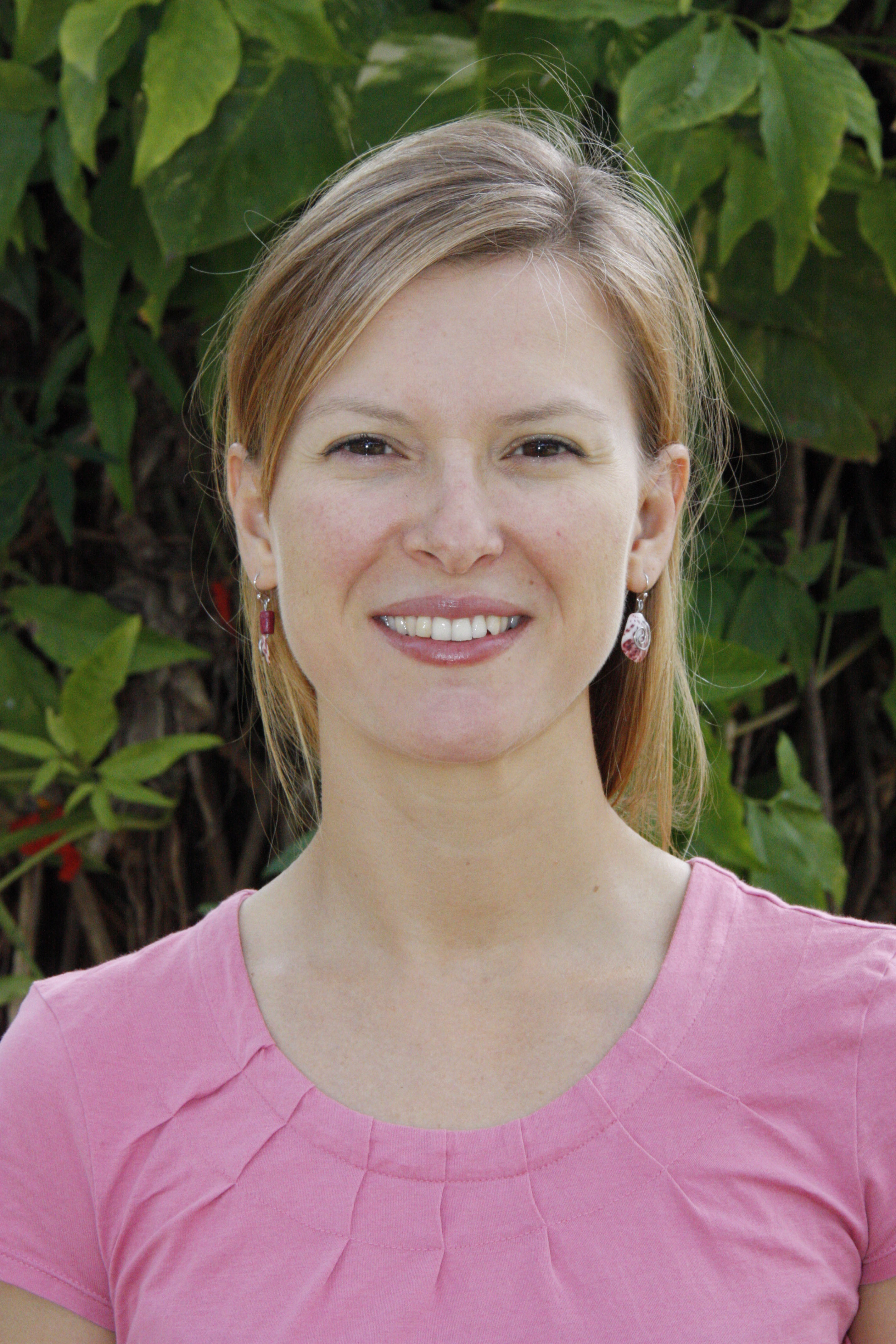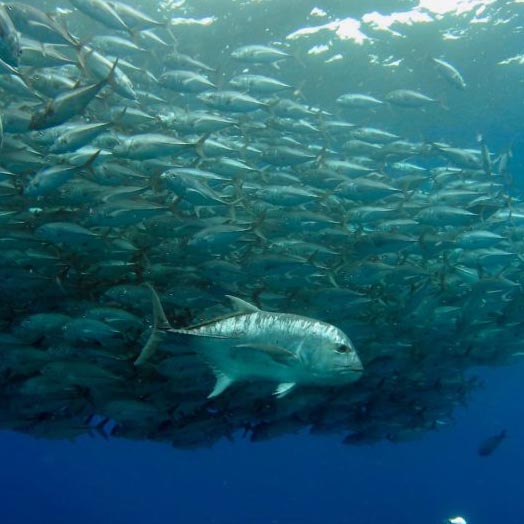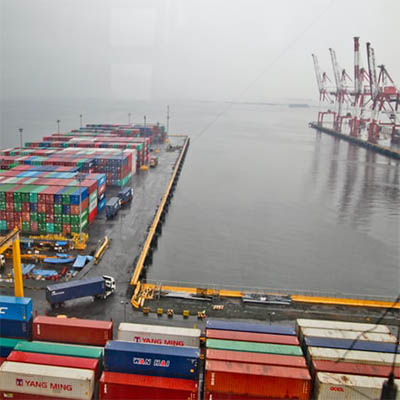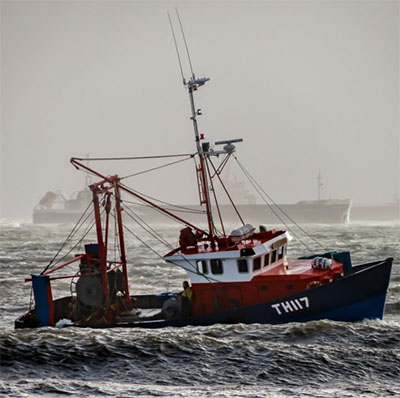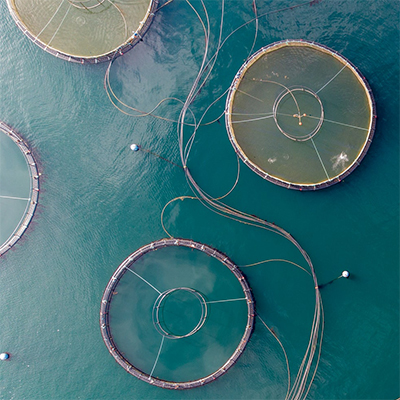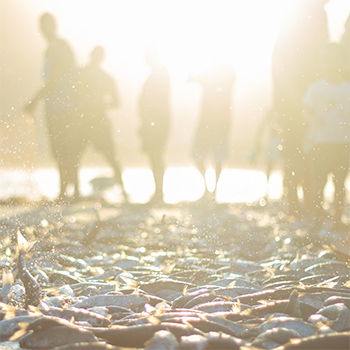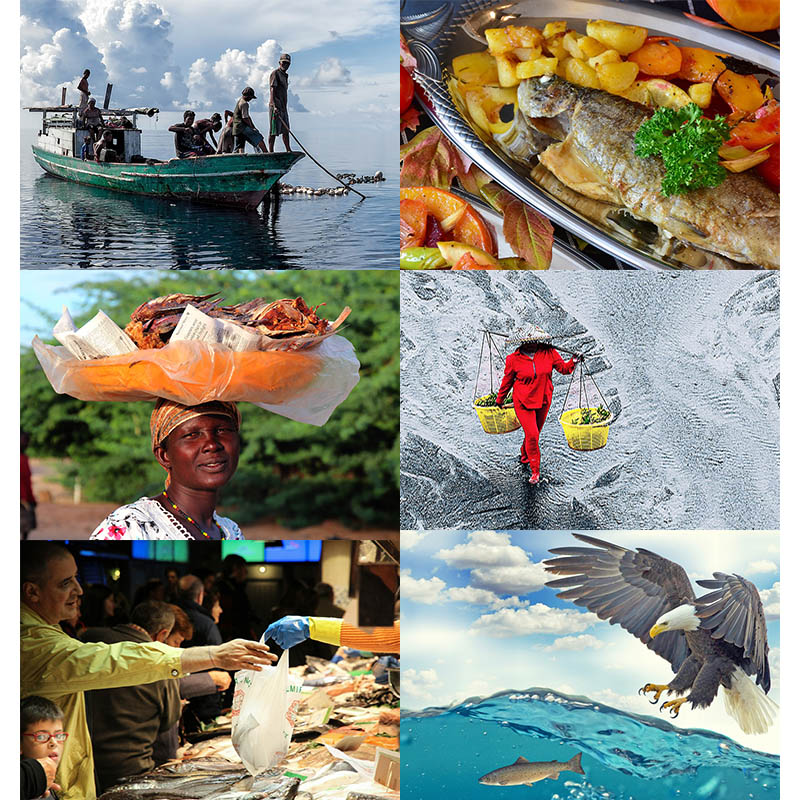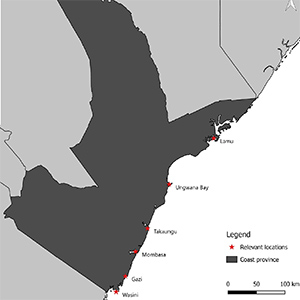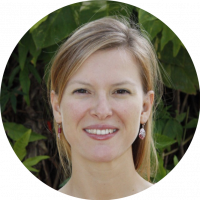 |
Research AssociateChanging Ocean Research Unit Degrees: |
Contact Information
Email: c.wabnitz@oceans.ubc.ca
Websites: Changing Ocean Research Unit; Nereus Program
Research Interests
Dr. Wabnitz is a marine scientist interested in understanding the functioning of ecosystems, how these may respond to human pressures and natural forcing, and the design, together with government, industry, NGOs and local communities, of appropriate measures for the sustainable use of their resources and the long term conservation of their services. To this end she often combines the use of resource assessments, habitat mapping, ecological modelling, and capacity building initiatives.
Keywords: small-scale fisheries; aquarium trade; Ecopath with Ecosim; integrated assessment; marine governance; cross-sectoral interactions; food security; trade-offs; socio-ecological systems; resilience
Biography
Dr. Wabnitz moved back to Vancouver at the end of 2015, after spending 4 years as a Fisheries Scientist for the Secretariat of the Pacific Community (SPC). During that time she worked together with SPC member countries to establish and implement effective management and monitoring strategies that ensure the sustainable utilisation of marine aquarium resources. Her current work within CORU and NEREUS includes the development of future scenario frameworks for the assessment of fisheries worldwide under climate change and vulnerability assessments of different countries/regions to climate change. She has also been developing ecosystem models to evaluate resource use; explore the impacts of targeted management measures on the flow of services to and trade-offs for local communities; and provide recommendations for the protection of local biodiversity whilst respecting people’s needs and uses of resources. Most recently, she has been interested in quantifying the impacts of tourism on local resources from visitors’ consumption of mostly reef fish whilst on holiday.
Prior to joining the Coastal Fisheries Programme at SPC, Colette shared her time as a PostDoc Fellow between the University of British Columbia in Vancouver and the Pacific Island Fisheries Science Centre in Honolulu, Hawai‛i. Her project consisted of developing two ecological models for the reef and pelagic systems off the West coast of the Big Island to describe and understand ecosystem structure and processes, and how these may be affected by anthropogenic impacts such as nutrient pollution of groundwater, fishing, and climate change.
She has worked with fisheries in a variety of settings and engaging stakeholders from a wide diversity of backgrounds in Canada, the Caribbean, Middle East, South Pacific and West Africa. Colette has published a large number of peer-reviewed articles, reports and newsletter articles to facilitate the communication of her work’s findings to a wide range of audiences.
Selected Publications:
Related stories:
